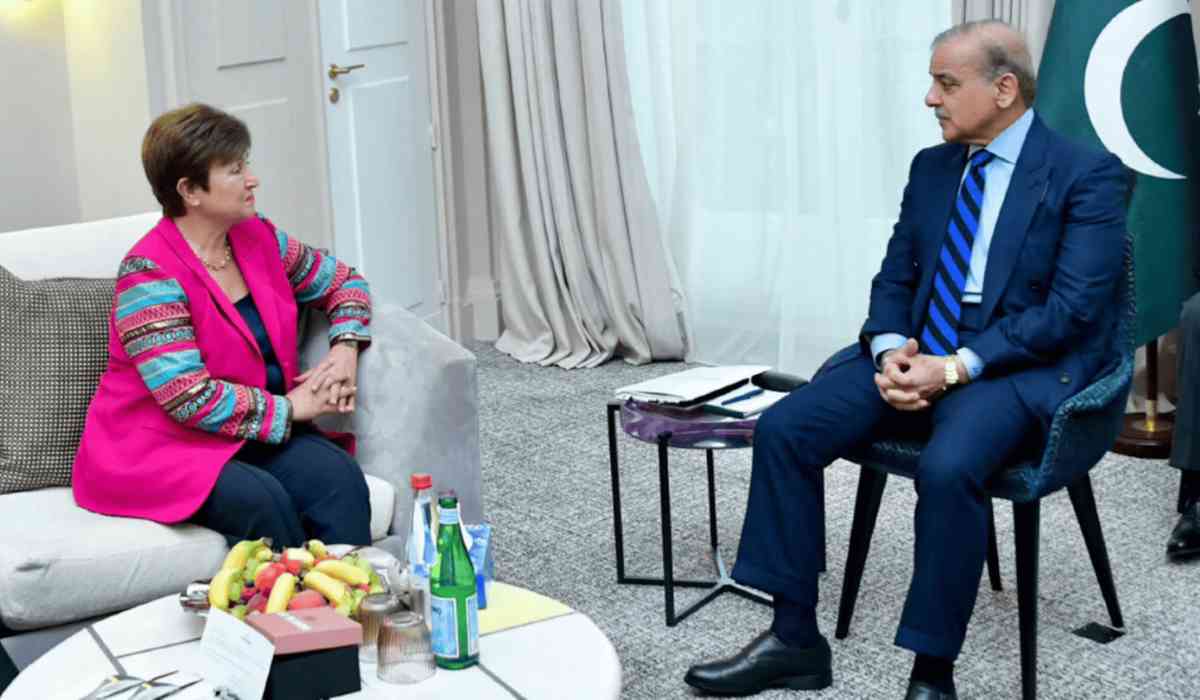The International Monetary Fund (IMF) has approved a significant financial assistance package for Pakistan, totaling $2.4 billion. This amount includes $2 billion under Pakistan’s existing $7 billion assistance package and an additional $1.4 billion under the newly introduced Resilience and Sustainability Facility (RSF). This approval comes despite India’s strong objections, which raised concerns that the funds could be misused to finance state-sponsored cross-border terrorism. The IMF’s decision has stirred intense debate, particularly given the rising military hostilities between India and Pakistan, following the Pahalgam terror attack in April 2025.
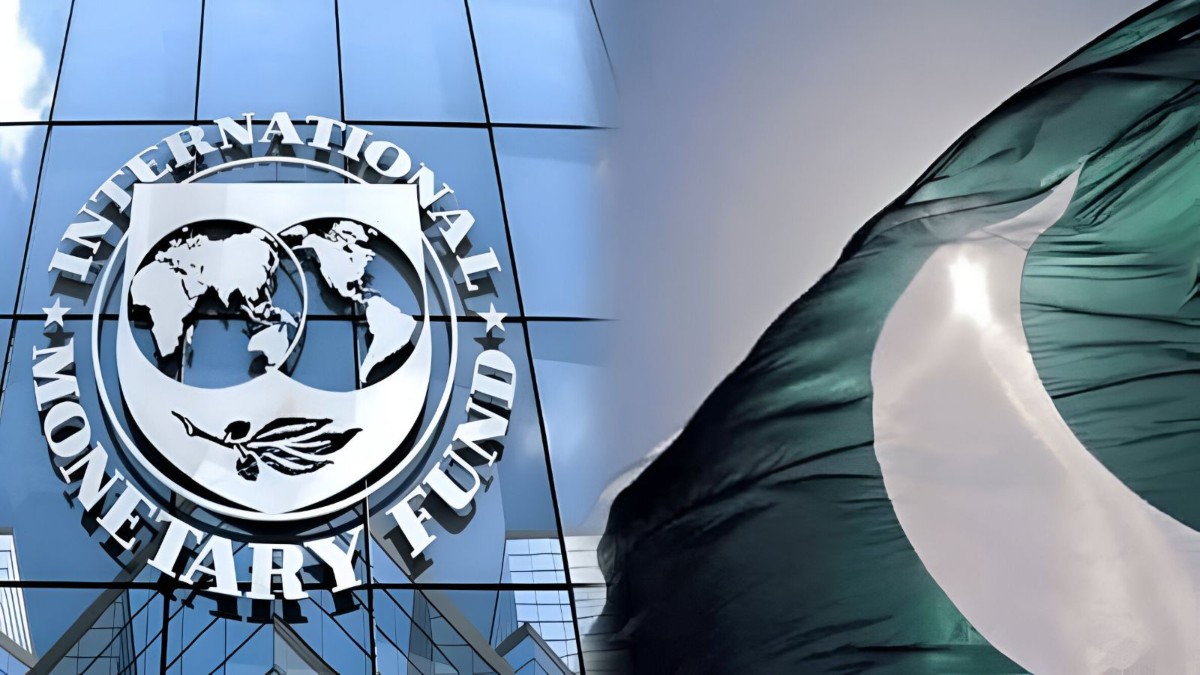
Breakdown of the IMF Financial Assistance Package
-
$2 billion under Pakistan’s existing $7 billion assistance package, which has been an ongoing arrangement to stabilize Pakistan's economy.
-
$1.4 billion under the newly approved RSF, aimed at bolstering Pakistan’s climate resilience and disaster preparedness.
Although the headlines initially focused on the $1 billion disbursement, the total amount unlocked is $2.4 billion, marking a critical juncture in Pakistan’s financial support from the IMF. However, this financial package has drawn sharp criticism, particularly from India, which has questioned the potential misuse of the funds for military purposes.
India's Strong Protest: Concerns Over Misuse of Funds
India has vehemently opposed the IMF's decision to approve financial assistance to Pakistan, primarily due to concerns over the potential misuse of these funds. India made its objections clear during the IMF’s Executive Board meeting, where it abstained from voting. Despite this, the IMF proceeded with the immediate disbursement of $1 billion (SDR 760 million) under the Extended Fund Facility (EFF) after Pakistan passed its first review.
India’s objections centered on the following points:
-
Historical misuse of IMF funds: India argued that Pakistan has been a “prolonged borrower” from the IMF, with a poor track record of implementing reforms. In the past 35 years, Pakistan has received IMF funding for 28 years, but these funds have not led to significant changes or long-term stability.
-
State-sponsored terrorism: India highlighted the risk of IMF funds being misused to finance state-sponsored cross-border terrorism. This concern was particularly triggered by the recent Pahalgam terror attack, in which 26 Indian civilians were killed. India pointed out that Pakistan’s military and intelligence agencies are suspected of supporting groups like Lashkar-e-Taiba, which have claimed responsibility for numerous terror attacks, including the one in Pahalgam.
The Indian government argued that if Pakistan had truly implemented reforms, it wouldn’t have needed another bailout. India's finance ministry also warned that continued financial support would send a dangerous message to the global community, particularly when it comes to combating terrorism.
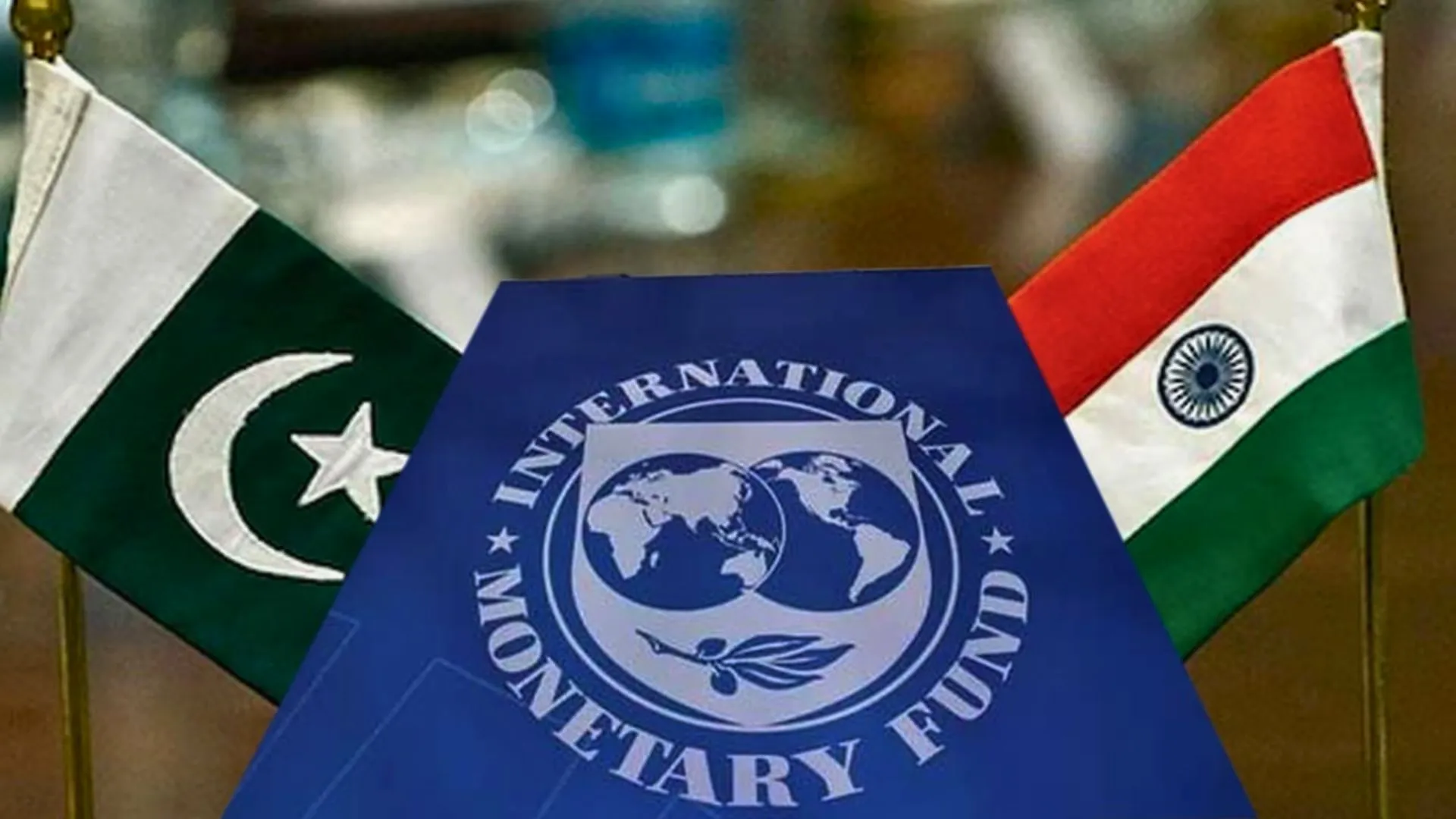
The Pahalgam Terror Attack: A Major Flashpoint
The Pahalgam terror attack, which occurred on April 22, 2025, remains a significant flashpoint in the ongoing India-Pakistan tensions. The attack, carried out by militants with links to the Pakistan-based Lashkar-e-Taiba group, killed 26 people, mostly civilians. The group, which claimed responsibility for the attack under the alias "The Resistance Front," is believed to be backed by Pakistan’s military intelligence.
In response to the attack, India launched Operation Sindoor, which involved targeting nine terror camps in Pakistan and Pakistan-occupied Kashmir. These strikes were a direct retaliation to Pakistan's role in fostering terrorism against India. Following these operations, Pakistan escalated tensions by launching missile, artillery, and drone attacks along the International Border and the Line of Control (LoC) in Jammu and Kashmir.
Pakistan's Response: A Political Win
Despite the protests, Pakistan’s Prime Minister, Shehbaz Sharif, hailed the IMF’s decision as a political victory. He claimed that India’s efforts to sabotage the IMF program had failed and asserted that the financial package would help Pakistan stabilize its economy and move toward development.
Sharif expressed his satisfaction, stating that the approval of the $1 billion installment was a significant step in Pakistan’s economic recovery. This approval, according to Sharif, reflects the international community's recognition of Pakistan's commitment to economic reforms and stability.
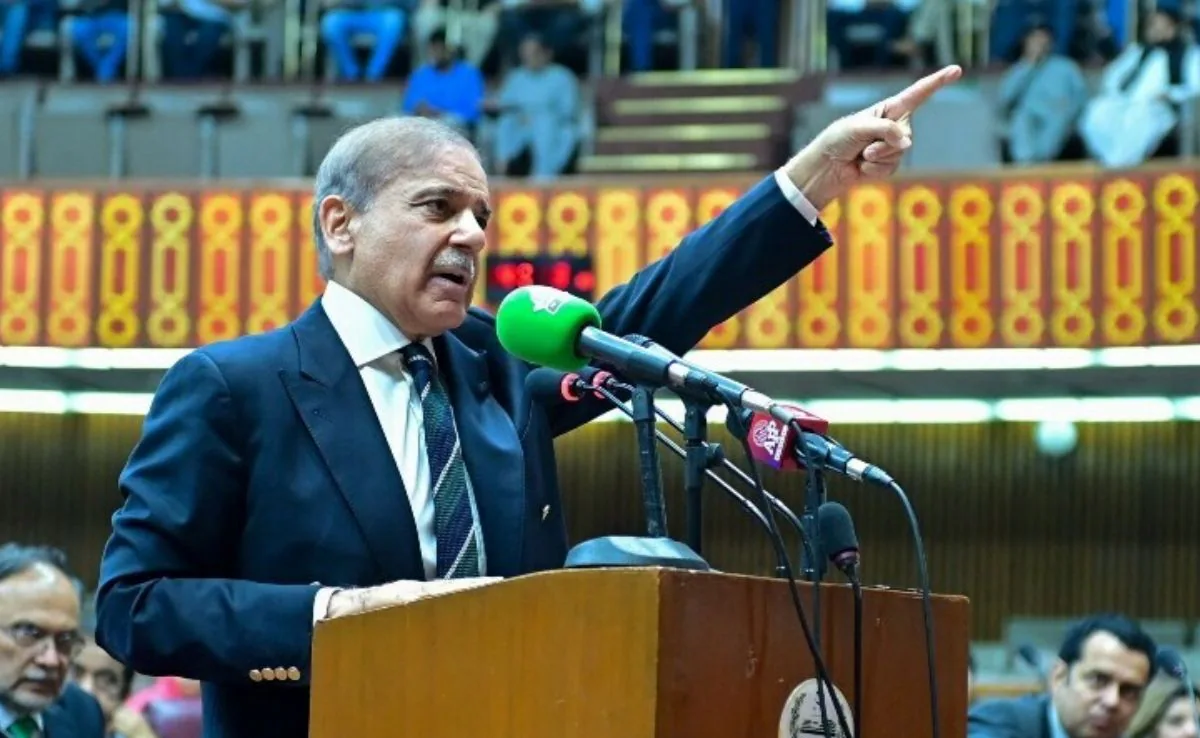
Strategic Reactions: Global Experts Weigh In
While Pakistan celebrated the IMF’s approval, the decision has drawn criticism from global analysts and strategic experts. Some have voiced concerns that the IMF’s financial support could embolden Pakistan’s military actions and encourage further cross-border terrorism against India. These experts have expressed dismay over the IMF’s decision to approve such funding amid an active military conflict between two nuclear powers.
-
Sushant Sareen, a strategic expert from the Observer Research Foundation (ORF), argued that the IMF’s move could inadvertently encourage Pakistan to continue targeting Indian cities and military installations.
-
Kanwal Sibal, a former Indian foreign secretary, criticized the IMF's decision as “terrible optics” and pointed to the double standards in global financial support, particularly when comparing the swift assistance given to Ukraine in the context of the Russia-Ukraine war.
-
Yashwant Deshmukh, a psephologist, made a stark statement calling the IMF’s decision “blood on its hands,” reflecting the deep frustration in India over the continued financial aid to Pakistan despite its role in fostering terrorism.
-
Omar Abdullah, former Jammu & Kashmir Chief Minister, also condemned the IMF’s move, questioning how the international community expected de-escalation when it continued to fund Pakistan’s military activities against India.
IMF’s Role: A Delicate Balancing Act
The IMF is tasked with providing financial assistance to countries in need, but its actions are often scrutinized for their potential impact on global stability. Pakistan has long been a borrower from the IMF, yet its implementation of necessary reforms has been inconsistent. The country has repeatedly failed to demonstrate sustainable economic improvements, despite receiving multiple rounds of aid.
While the IMF's decision to approve $2.4 billion in assistance aims to stabilize Pakistan’s economy and address critical issues like climate resilience, the institution’s role in facilitating global security is also under scrutiny. Critics argue that financial aid should not be extended to countries with a poor track record of supporting global terrorism and undermining international peace efforts.
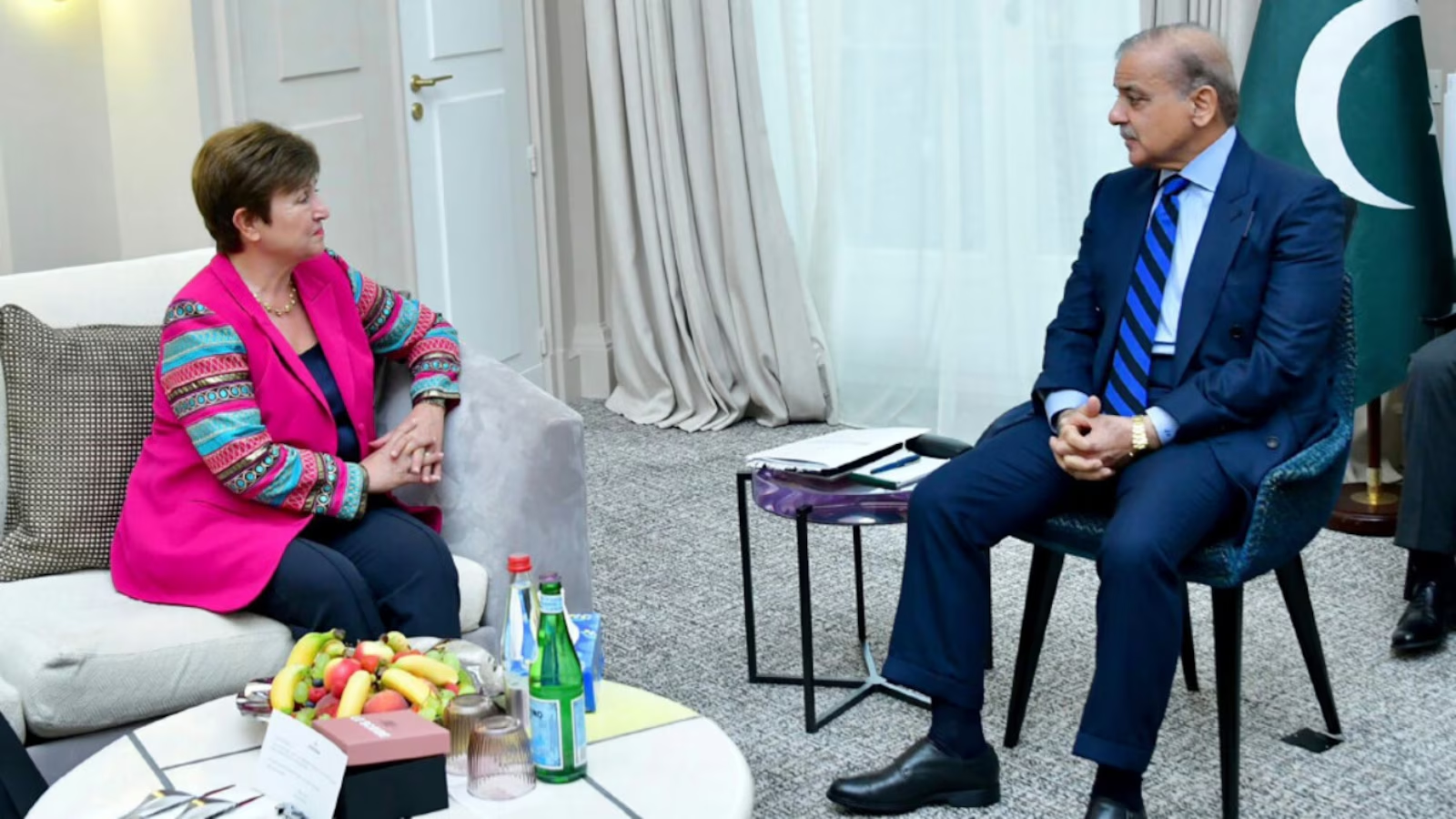
A Divisive Decision with Far-Reaching Implications
The IMF’s approval of $2.4 billion in financial assistance to Pakistan is a deeply divisive issue that highlights the challenges global financial institutions face in balancing economic support with geopolitical stability. While Pakistan’s government hails the decision as a victory, critics argue that the financial assistance could be misused to further Pakistan’s military ambitions and support cross-border terrorism.
India’s protests, coupled with the ongoing military hostilities and the Pahalgam terror attack, underscore the high stakes involved in this decision. The IMF’s move sends a message to the global community about its priorities, and its long-term impact on the region remains to be seen.
For India, this decision is seen as a troubling endorsement of Pakistan’s actions, complicating the already fragile relationship between the two nuclear-armed neighbors. As tensions persist along the Line of Control, the IMF's decision will continue to be a point of contention, further intensifying the already volatile geopolitical situation.
With inputs from agencies
Image Source: Multiple agencies
© Copyright 2025. All Rights Reserved Powered by Vygr Media.

